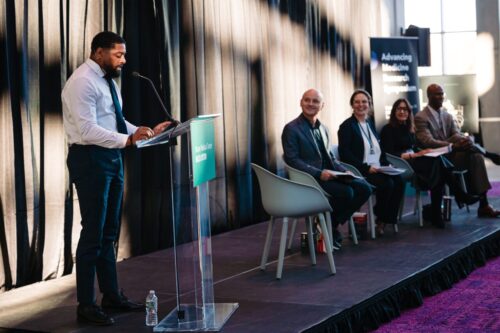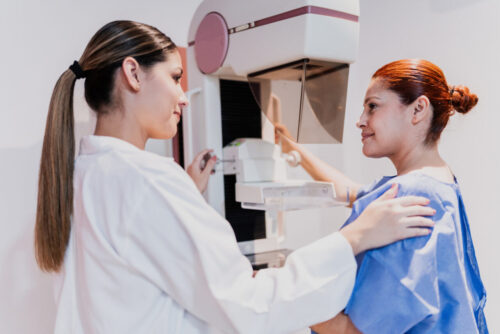Four Transformative Lessons on Equitable Healthcare from TEDxBeaconStreet
May 28, 2020
By Meryl Bailey
Healthcare experts share forward-thinking views on the medical community’s role in providing effective, authentic, and sustainable care.
The current healthcare system consumes $3.6 trillion of the United States’ economy, yet the U.S. population is sicker than ever. Forty percent of Americans currently live with a chronic condition, and the vulnerable and underserved are the most severely burdened by disease. The medical community is searching for a paradigm shift to radically improve these bleak health statistics.
Shifting old, entrenched perspectives held by providers and their patients can be a key to creating transformative outcomes in healthcare. Leaders in health equity and care transformation recently converged at TEDXBeaconStreet to inspire new thinking around the medical community’s role in providing effective, authentic, and sustainable care. From a diverse range of specialties, physicians argued that all providers must see patients as people first and address their overall needs to improve health outcomes. Using teamwork, authenticity, and engagement, physicians can help bridge divides and begin to build a sustainable, scalable healthcare system for the 21st century.
Here are four key takeaways from these TEDx talks on equitable healthcare:
1. The future of science is team science.
Cutting-edge therapies built on the backs of the underserved but only afforded by the wealthy few have the potential to further widen the economic divide. George Murphy, PhD, co-director of the Center for Regenerative Medicine, discusses how open-source science and medicine can break down silos to bring new treatments to the vulnerable and underserved who need them most — at reduced cost, redundancy, and time.
2. Engagement is the lowest-hanging fruit on a path to trust and transformation.
Patients are focused on survival, and physicians are focused on disease. These two foci never intersect, and their misalignment leads to high healthcare costs and poor health outcomes, says Thea James, MD, vice president of mission and associate chief medical officer at Boston Medical Center. She argues it is time for physicians to concentrate on the upstream causes of health disparities (such as housing, employment, nutrition, and transportation) to improve outcomes for their patients.
3. Gender affects all of us — and we need to be authentic together.
Gender constructs affect all of us, yet physicians often don’t see beyond sex assigned at birth, says Carl Streed, MD, MPH, clinician-investigator at the Center for Transgender Medicine and Surgery at Boston Medical Center. He urges the medical community to look beyond artificially constructed gender binaries and use affirmation, inclusivity, and authenticity to help address health disparities for people along all lines of the gender spectrum.
4. Treat no one as a statistic.
Cancer can be overwhelming, but can also lead to clarity. Jennifer Tseng, MD, surgeon-in-chief at Boston Medical Center, implores physicians to see their patients as people and embrace their role in helping their patients contain their disease so they can continue to live their best lives.


